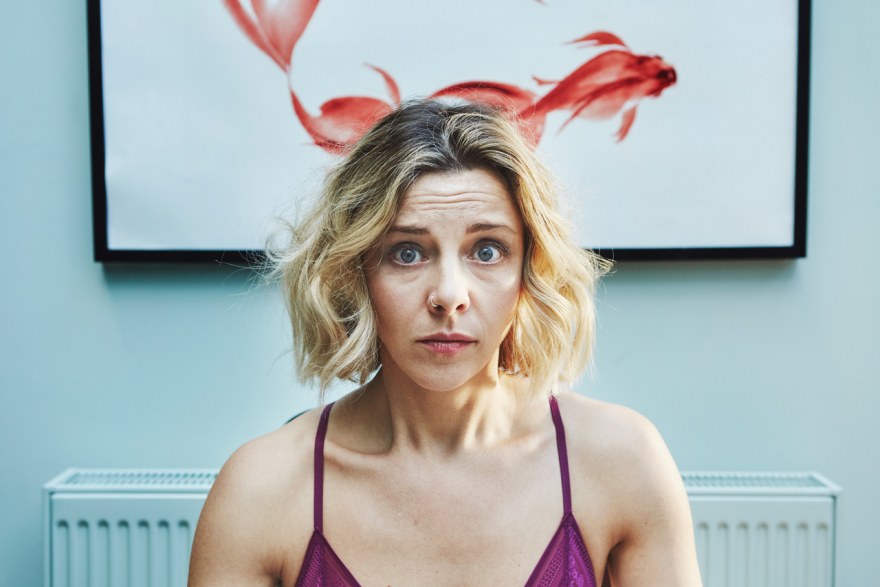Breakfast with End-O
Interview with Alice Seabright, director of End-O
The issue of endometriosis is finally getting some media attention. Is the medical world still behind?
Hopefully the medical world is catching up. There are certainly good people doing good work, but it can’t hurt to remind them of the issue!
What motivated you to treat it from a light-hearted, comical angle?
I find humour to be one of the best ways of dealing with anything dark or difficult – actually, I think that is the function of humour. The writer, Elaine Gracie, who has endometriosis, also tends to write things that go to a very dark place but make you laugh while doing so. Some audiences have definitely been squeamish to the topic anyway, but hopefully by distracting them with a good joke, we can smuggle some true but depressing stuff in there!
What sort of research did you do ahead of filming?
The scriptwriter suffers from endometriosis and the film is very heavily autobiographical (she also has a sister who suffers from it and had a hysterectomy a few years ago). So the script was already drenched in lived experience. I did my own independent research, reading people’s stories, and of course I had many long conversations with Elaine so I could understand what Jaq and her sister go through beyond the pages of the script. For example, we talked through each page and assigned a number to the pain, so that the actress playing Jaq, Sophia di Martino, could have a reference point. Finally, we chatted to Endometriosis charities, including Endometriosis UK, who were a great support. The amazing people who run it read the script and were able to provide a wider perspective to make sure that, while honouring Jaq’s specific story, we were doing justice to the range of experiences.
What are your future filmmaking plans?
I’ve just finished directing and writing on Laurie Nunn’s television show Sex Education for Netflix, and I’m about to start work on my own TV show for BBC Drama.
Would you say that the short film format has given you any particular freedom?
I love the short film format, and I think it allows you to be bold with form and style. But I also think it’s an incredibly challenging format – telling a compelling story in 15 minutes is something I’ve really struggled with. When I see films that really succeed at it, I’m hugely impressed but it’s not easy. I’m not going to lie, I’m enjoying working on a wider canvas!








